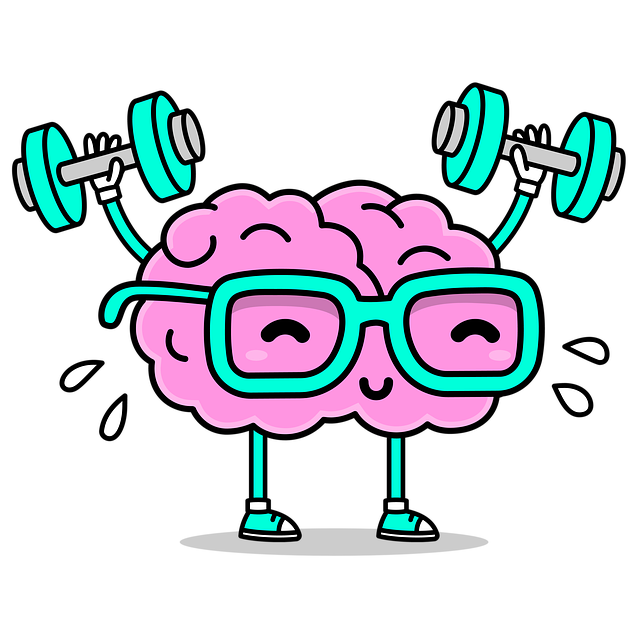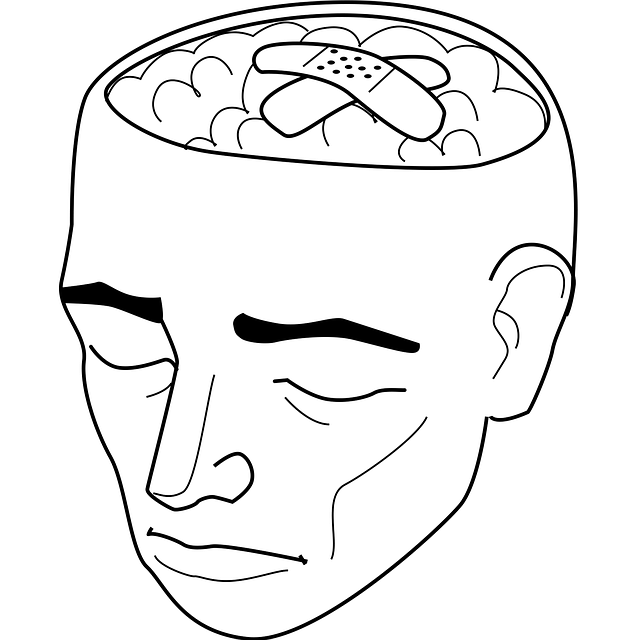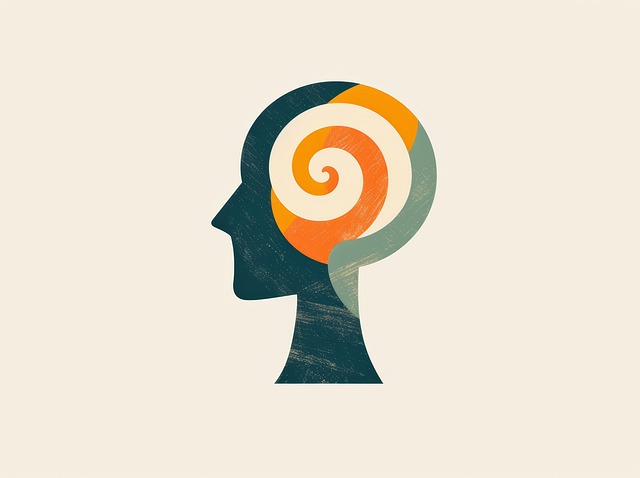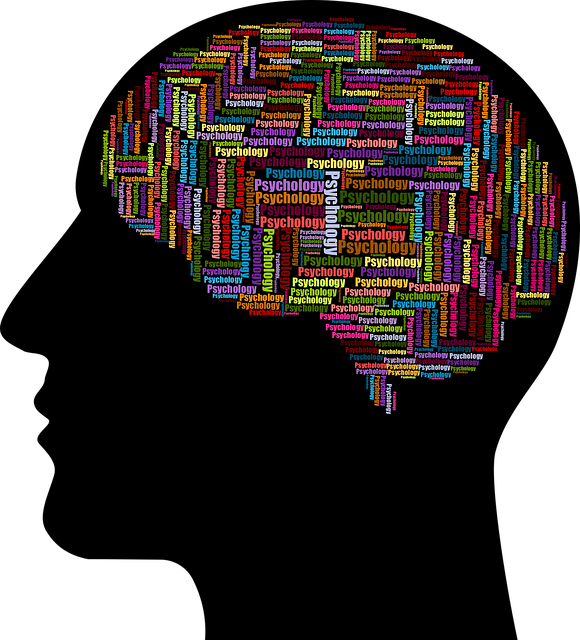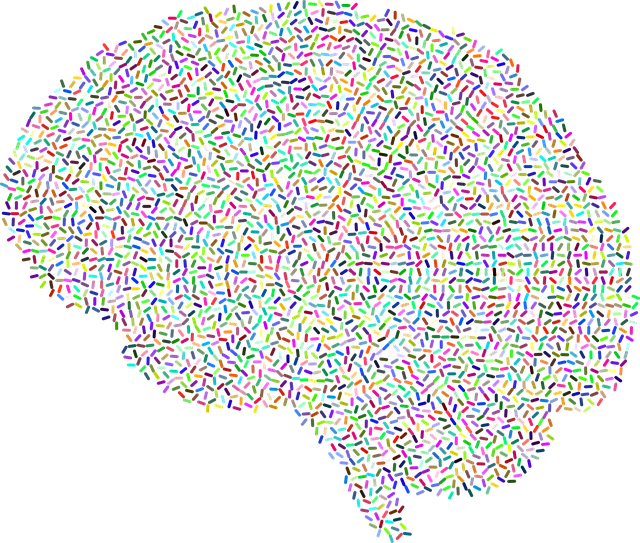Digital interventions, particularly Play Therapy apps designed for seniors, offer tailored solutions for unique mental health challenges faced by the elderly, addressing isolation, reduced mobility, and cognitive changes. Integrating evidence-based therapies like CBT and art therapy into these platforms enhances accessibility and convenience for vulnerable populations, fostering resilience and positive thinking. Key design elements include intuitive interfaces with nature-inspired themes, gamification, and memory aids, prioritizing privacy, security, and ethics to ensure safe self-expression and positive outcomes.
In today’s digital age, mental wellness apps offer a promising solution for addressing the unique challenges faced by elderly individuals. This article explores the development of such apps, focusing on understanding and catering to the specific needs of seniors. We delve into integrating evidence-based therapies, designing intuitive interfaces, and addressing critical privacy and security concerns. By leveraging technology, we can revolutionize play therapy for elders, enhancing their mental health and overall well-being.
- Understanding Elderly Mental Health Needs and Customizing App Solutions
- Integrating Evidence-Based Therapies into Digital Platforms for Effective Care
- Designing User Interfaces and Experiences That Are Intuitive and Supportive
- Privacy, Security, and Ethical Considerations in Elderly Mental Wellness Apps
Understanding Elderly Mental Health Needs and Customizing App Solutions

The mental health needs of the elderly population present unique challenges that require tailored solutions. As individuals age, they may face increased isolation, reduced mobility, and cognitive changes, all of which can contribute to heightened anxiety, depression, or other mental health concerns. Traditional therapy methods might not always be accessible or effective for seniors due to physical limitations or societal barriers. Thus, digital interventions offer a promising avenue.
Customizing app solutions for elderly users involves considering their specific needs, such as simplified user interfaces and accessibility features like text-to-speech or voice commands. Play therapy, tailored to this demographic, can incorporate engaging activities that stimulate cognitive function, foster social connections through virtual groups, and provide anxiety relief through mindfulness exercises. By focusing on building resilience and promoting positive thinking, these apps can significantly enhance the mental wellness of older adults, making them an invaluable tool in today’s digital landscape.
Integrating Evidence-Based Therapies into Digital Platforms for Effective Care

Integrating evidence-based therapies into digital platforms offers a promising approach to mental wellness care, especially for vulnerable populations like elders. Online therapy sessions cater to their unique needs, ensuring accessibility and convenience. Platforms can utilize cognitive-behavioral therapy (CBT), a well-researched method, to address common elder concerns such as loneliness and depression. By providing interactive tools and guided exercises, these apps facilitate self-reflection and behavior change.
Play therapy, another effective approach, can be adapted for digital delivery through engaging games and activities designed to help elders process emotions and traumas. Incorporating techniques from art therapy or music therapy in virtual formats broadens the scope of available services. Moreover, developers should consider public awareness campaigns and mental wellness podcast series as promotional tools to educate users about these platforms’ benefits, fostering a culture of open dialogue around mental health.
Designing User Interfaces and Experiences That Are Intuitive and Supportive

In developing a mental wellness app, particularly one catering to elderly users or those interested in play therapy, designing intuitive and supportive user interfaces is paramount. The interface should be simple and uncluttered, with clear navigation paths that allow users to effortlessly access different features like meditation sessions, mood tracking, or even a library of confidence-boosting stories. Incorporating elements from the real world can help create a comforting atmosphere—for instance, using nature themes or soft color palettes in design can evoke a sense of calm and relaxation.
Furthermore, consider integrating interactive elements that make therapy more engaging. This could include gamification features that make stress reduction methods, like breathing exercises or mindfulness activities, feel more like play. For the elderly user, this might involve incorporating memory-aid mechanisms or voice prompts to ensure accessibility and ease of use. Ultimately, a well-designed app should feel like an extension of a personal therapy session, supportive yet never overwhelming, guiding users towards improved mental wellness through consistent, intuitive experiences.
Privacy, Security, and Ethical Considerations in Elderly Mental Wellness Apps

As mental wellness apps gain popularity, especially among the elderly population, it’s crucial to address privacy, security, and ethical considerations. These individuals often require therapy for various mental health concerns, necessitating a robust digital solution that protects their sensitive data. App developers must ensure secure storage of personal information, adherence to strict data encryption protocols, and transparent handling of user consent to maintain trust.
Privacy enhances the effectiveness of play therapy and other intervention methods by fostering a safe space for users to express themselves. Moreover, a well-designed risk assessment for mental health professionals integrated into these apps can ensure the safety of both patients and practitioners. Additionally, focusing on inner strength development and empathy building strategies through app features can significantly enhance the positive impact of digital therapy, catering specifically to the unique needs of the elderly.
The development of mental wellness apps tailored to elderly individuals offers a promising approach to addressing their unique mental health needs. By integrating evidence-based therapies and focusing on intuitive design, these digital solutions can provide accessible and supportive care. Customization is key, ensuring apps cater to individual preferences while navigating privacy, security, and ethical guidelines. With the right focus on user experience and therapeutic interventions like play therapy, mental wellness apps have the potential to significantly improve the lives of elders, offering convenient and effective support for their mental health journey.
